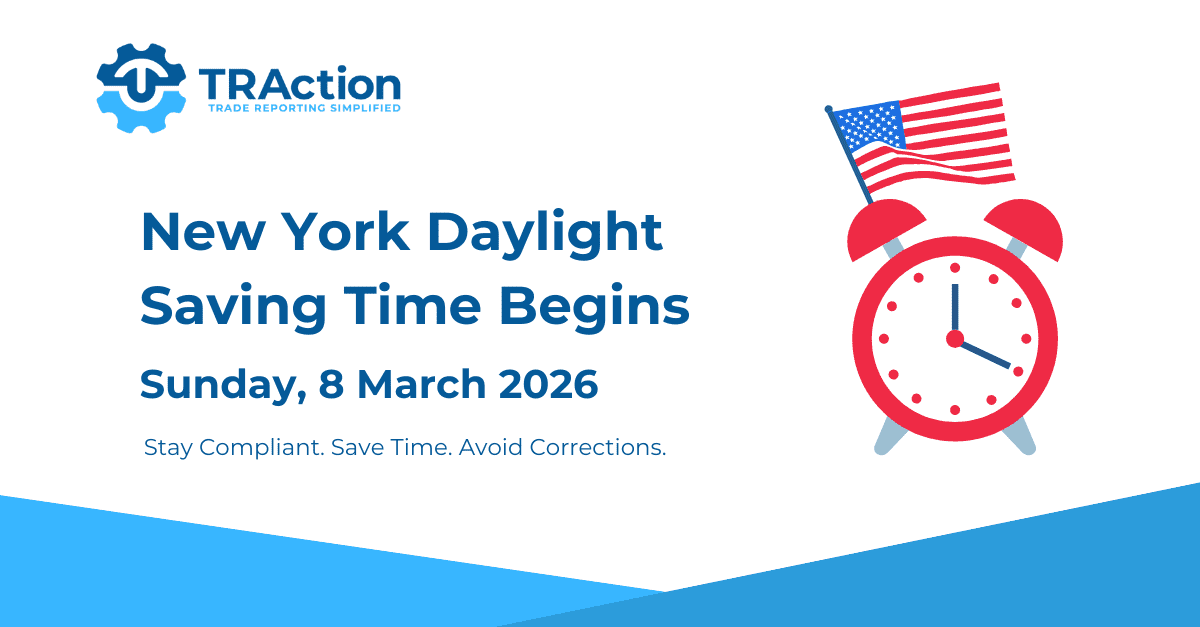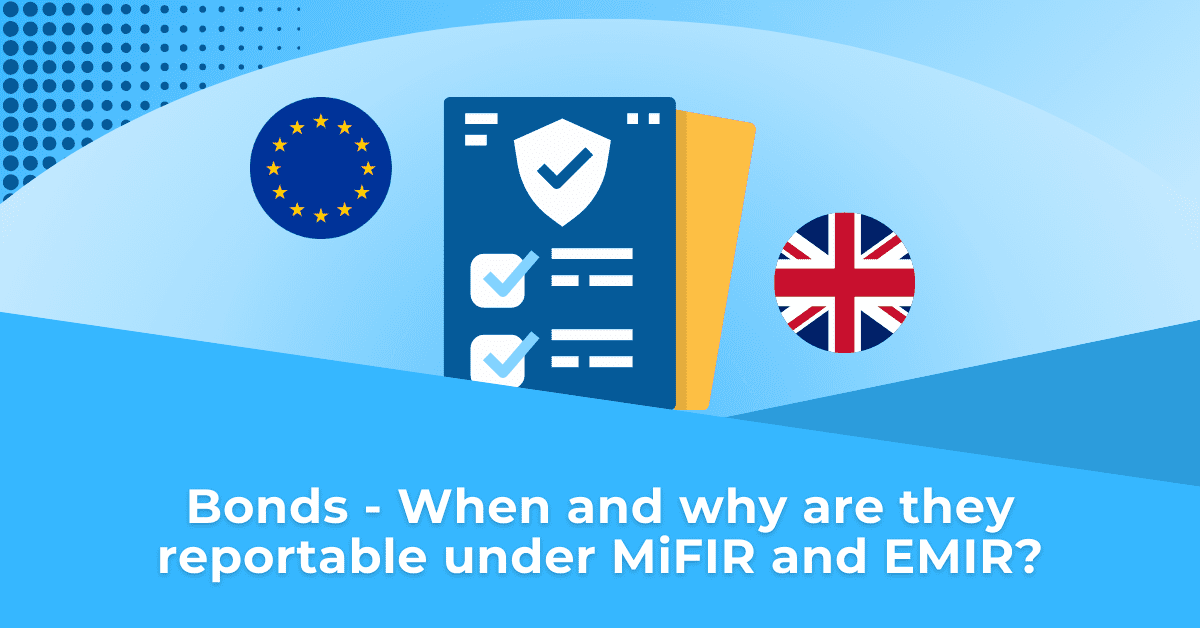Background on rolling futures
Rolling futures CFD contracts refer to a futures based CFD that doesn’t have an expiry date.
This is achieved by the underlying contract pricing moving to the next expiry equivalent contract.
For instance, the CFD of BRN.1 (rolling) might start with an underlying price from October and then change in November.
Brent Crude Oil Future example:
Brent Crude Oil Future Index Oct ’24 (BRN.1)
Brent Crude Oil Future Index Nov ’24 (BRN.1)
| LAST | CHG | OPEN | HIGH | LOW | DATE/TIME | |
| Brent Crude Oct 2024 | $81.24 | 0.55 | $81.00 | $81.40 | $80.89 | Aug 14, 2024 7:15 a.m. |
| Brent Crude Oil (IFEU $/bbl) Front Month | $81.24 | 0.55 | $81.00 | $81.40 | $80.89 | Aug 14, 2024 7:15 a.m. |
| Brent Crude Nov 2024 | $80.43 | 0.50 | $80.21 | $80.62 | $80.12 | Aug 14, 2024 7:15 a.m. |
| Brent Crude Dec 2024 | $79.82 | 0.48 | $79.60 | $80.00 | $79.52 | Aug 14, 2024 7:15 a.m. |
| Brent Crude Jan 2025 | $79.33 | 0.45 | $79.09 | $79.53 | $79.05 | Aug 14, 2024 7:15 a.m. |
How does the rolling work?
On the last day before expiry of the Oct 2024 contract, the pricing will switch to the Nov 2024 contract. A fee will be applied to cover the difference between the cost to exit the Oct 2024 contract and enter the Nov 2024 contract.
This allows traders to maintain the same position beyond the initial expiration of the underlying contracts.
This avoids the costs and obligations associated with the settlement and repurchase of contracts.
When a new month’s (quarter’s) futures contract is created, a new ISIN and expiry date will be issued for the extended contract for the same underlying asset.
Examples
An example for a B-Brent Crude Future on venue IFEU with a 1 month contract term:
| Original ISIN: GB00H1JWQ329 |
| Original expiry: 2022-04-29 23:59:59 |
| ↓ |
| New rolled ISIN: GB00H1JWRH31 |
| New expiry: 2022-05-31 23:59:59 |
An example for a Bond Future on venue XEUR with a 3 month contract term:
| Original ISIN: DE000C1T6JE8 |
| Original expiry: 2022-06-08 23:59:59 |
| ↓ |
| New rolled ISIN: DE000C6J0K11 |
| New expiry: 2022-09-08 23:59:59 |
Who allocates the ISINs
The organisation that allocates ISINs in any particular country is the country’s respective National Numbering Agency (NNA).
For example, the London Stock Exchange Group (LSEG) is the sole issuer for ISINs for Great Britain, Jersey, Guernsey and the Isle of Man.
How does this affect trade reporting
When submitting an EMIR Refit OTC derivative report with an underlying rolling future, there may be a requirement to submit an amendment when the future contract is rolled.
The EMIR Refit Guidelines (in relation to EU EMIR Refit) set out in Table 12, the types of Business Events that would trigger reportability. Under the Business Event type: ‘Corporate Action’, ESMA provides that it is reportable as a ‘modify’ where the reported underlying identifier (e.g. ISIN) or other trade terms change.
The UK EMIR Validation Rules (in relation to UK EMIR Refit (effective 30 September 2024)), unlike EU EMIR Refit, do not specifically mention how a change in ISIN details would be treated. However, we expect that under UK EMIR Refit, an ISIN change would fall under the event type ‘Trade’, which is described as a ‘conclusion of a derivative or renegotiation of its terms that does not result in change of a counterparty’ – and therefore would require a modification to the derivative (Section 2n – item 152, under the ‘Reconciliation Information’ tab).




